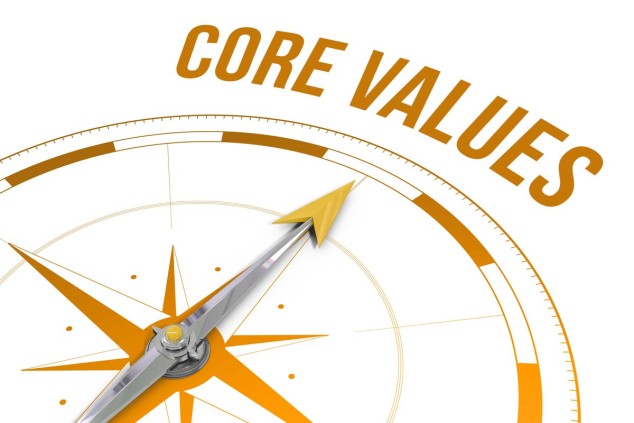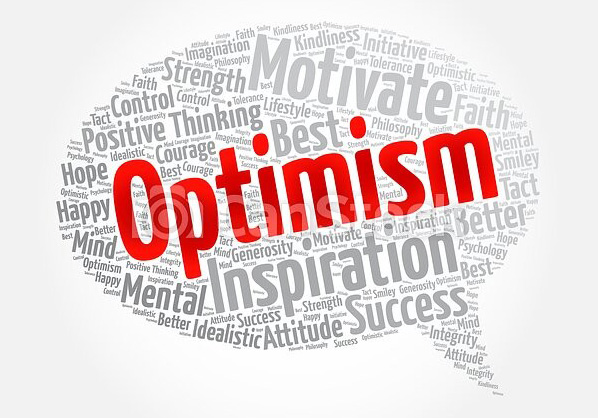When I made the decision to strike out on my own as an Executive Coach, it was scary. One of my core values is maintaining financial security; and as a single person at the time, I had to assess my ability to maintain my standard of living. As I considered taking such a huge step, I thought about how I also valued acting courageously and taking bold action. Additionally, I wanted to change how I showed up in my career. I wanted to be more of myself, and I wanted my work to represent more of who I am. That thought reminded me that authenticity is also a core value. Consideration of my values gave me the resolve I needed to move forward.
My approach to coaching executives and senior leaders is very much aligned with my values. People often tell me that visiting my website gives them a clear sense of who I am. They hear my voice as they read and move through the pages. That resonates so greatly with me because that is what I set out to do, communicate my values and my value through my work, authentically and effortlessly.
The way you show up as a leader should be no different. The actions you take and the decisions you make should clearly signal what you value to your leader, your team, and other key stakeholders.
Google “leadership values.” Whether it is the 10, 13, or 14 Essential leadership values, you’ll get a pretty consistent list: communicate, empower, humility, respect, adaptability, patience, resilience, honesty, transparency, accountability, integrity, influence, empathy, emotional intelligence, and more. While I agree, these are effective leadership qualities, in this context they are not leadership values, they are leadership behaviors.
Living into our values means that we do more than profess our values, we practice them. We walk our talk—we are clear about what we believe and hold important, and we take care that our intentions, words, thoughts, and behaviors align with those beliefs. ~ Brene’ Brown
I believe that your core values are tenets that you live and lead by. When I talk with leaders about this, they don’t see the duality of their values. To help them, I’ll ask, “how do you employ this value in your life? Now tell me how it shows up in your leadership.” The light bulb goes off immediately. For example, personal development may be a core value that you apply to your growth and evolution as a person. It is likely that you are also a leader who emphasizes development for your team as well. You may have a core value of freedom for your life. It is likely that you encourage autonomy (maybe with a few guardrails) in your leadership team.
When your values are clear to you, making decisions becomes easier. Roy E. Disney
It is always my goal to exceed the performance expectations of the leaders I’ve worked for and the clients I serve. Excellence is one of my core values. Earlier in my career, I joined a team as the Director. My leader and I were excited about the vision for the department I was leading. We looked forward to the results we were confident the team could achieve. Early in my tenure my leader asked me to bring someone onto the team who had a history and proven reputation for underperforming. Thinking it was my choice, I declined and linked my position to this person’s track record, citing specific examples. That conversation became a week-long exchange. At the end of each round, my leader encouraged me to “sleep on it.” It became obvious that his “request for consideration” was a directive to hire this person. Because two of my core values are act courageously and achieve excellence, I stood my ground. I must admit that at one point I did think that my decision might cost me my job. It was a risk I was willing to take. I told myself, “If indeed, I lost my job over the situation, the job wasn’t a good fit for me.” Tapping into my core value of resilience, I thought, “I got this job, I’ll get another.” Eventually, my leader gave up and we were able to move forward on great terms. As I reflect back on the situation, and think about what I would have done differently, I should have been clearer about my “why,” beyond this individual’s track record. I should have also connected my decision to my value of excellence and aligned that with the vision he had for the department. This would have made it clear that I wasn’t being stubborn but resolute about working with him and the team to achieve his vision.
Our values are the foundation we stand on. They are our moral compass. When you are feeling out of sorts about a situation, ask yourself if one of your core values is being compromised. Then, take the necessary steps to get in alignment; that looks different for everyone.
In the meantime, if you haven’t thought about it recently and would like to assess and ensure you are living and leading in alignment with your values, consider completing the Living into Our Values exercise by Brene’ Brown
Because this newsletter is called Bold Authenticity, I’ll close with this quote –
I have learned that as long as I hold fast to my beliefs and values, and follow my own moral compass, then the only expectations I need to live up to are my own. ~Michelle Obama
Services offered by Dr. Kym
- Executive Coaching
- BOLD Mastermind for Women of Color in vice president and above positions.
- Keynote Speaking







